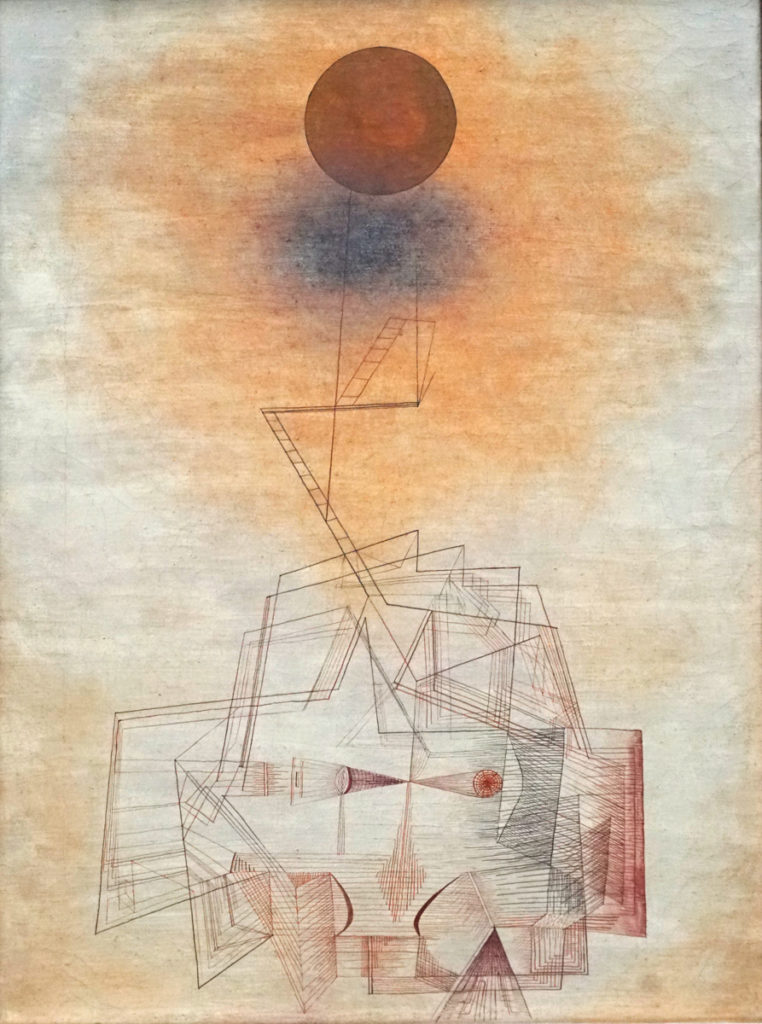Law & Politics
State of Bavaria Sued in New York Over Contested Paintings
Works under dispute include paintings by Max Beckmann, Juan Gris, and Paul Klee.

Works under dispute include paintings by Max Beckmann, Juan Gris, and Paul Klee.

Caroline Elbaor

A collection of famous works originally owned by German Jewish art dealer Alfred Flechtheim—which includes eight paintings by Max Beckmann, Juan Gris, and Paul Klee—is under dispute, as Flechtheim’s heirs have filed a complaint against the German federal state of Bavaria for the return of the what they argue to be Nazi-looted artworks.
According to the suit filed in US District Court in Manhattan on Monday by Flechtheim’s grand-nephew Michael Hulton and his stepmother Penny Hulton, Flechtheim had no choice but to leave his collection behind in Berlin when he fled from the Nazi regime in 1933.
“The paintings would have remained accessible to Flechtheim but for the climate at the time,” the Hultons’ lawyer, Nicholas O’Donnell, said in an interview, according to Reuters. “The state-level program of Aryanizing Jewish businesses made the confiscation possible.”
The claim goes on to posit that some of the works had been handled by Hildebrand Gurlitt, the infamous Nazi-appointed art dealer who sold pieces that originally belonged to Jewish families and artworks the Nazis deemed “degenerate.” Some 1,400 paintings were discovered in his son’s apartment in Munich in 2012, bringing the name Gurlitt to a public forum.
Deutsche Welle reports that the dispute between the heirs and the state of Bavaria has been a years-long battle, and that their lawsuit is just one of many seeking to reclaim artworks seized or stolen by the Nazis.
The eight paintings include Beckmann’s Duchess of Malvedi (1926), Still Life with Cigar Box (1926), Quappi in Blue (1926), Dream-Chinese Fireworks (1927), Champagne Still Life (1929) and Still Life with Studio Window (1931); Gris’ Cruche et Verre Sur un Table (1916) and Klee’s Grenzen des Verstandes (1927). Several of these are displayed at Munich’s Pinakothek der Moderne museum.
According to DW, Flechtheim was one of the most important German collectors at the turn of the century, and he was “responsible for the breakthrough of modern art in Germany.” He died impoverished in London in 1937, and his wife took her own life in 1941 rather than report for deportation.